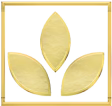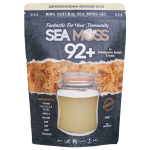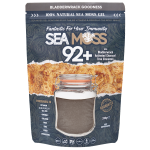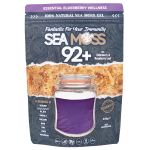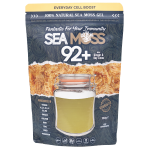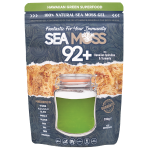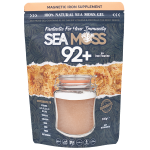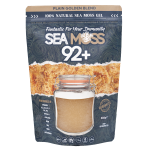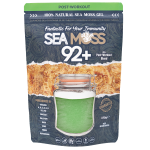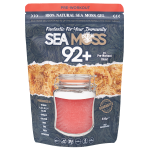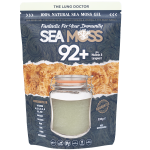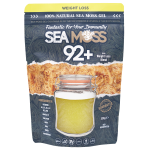
trees now planted
IRON
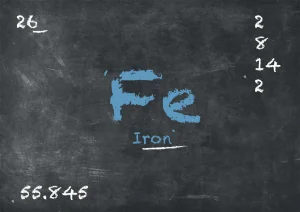
What is iron?
Iron is a chemical element with the symbol Fe and atomic number 26. It is a lustrous, silvery-grey metal that is widely used in various industries. Iron is an essential mineral for humans and plays a crucial role in transporting oxygen throughout the body, supporting metabolism, and maintaining healthy cells, among other functions.
It is also a key component of haemoglobin, the protein responsible for carrying oxygen in red blood cells. Iron is found in various foods, and its deficiency can lead to anaemia and other health problems.
During pregnancy, maintaining adequate iron levels is crucial as low iron levels have been associated with an increased risk of adverse outcomes such as low birth weight, preterm birth, and impaired cognitive and behavioural development in infants.
In terms of athletic performance, a study conducted in 2015 demonstrated that iron supplementation, specifically a dosage of 10 mg, had a positive impact on exercise and athletic performance.
Furthermore, a study in 2016 highlighted that iron supplementation can reduce fatigue in women of reproductive age.
These findings emphasise the importance of sufficient iron intake for both pregnant women and individuals engaging in physical activities, as it contributes to overall health and well-being.
- Vitamin C: Vitamin C enhances the absorption of non-heme iron (the type of iron found in plant-based foods) when consumed together. Consuming foods rich in vitamin C, such as citrus fruits, strawberries, and bell peppers, alongside iron-rich plant foods can help improve iron absorption.
- Folic Acid (Folate): Folic acid, a B-vitamin, is involved in red blood cell production and can support the body's use of iron.
- Vitamin A: Vitamin A supports the formation of haemoglobin, the protein in red blood cells that contains iron.
- Copper: Copper is a trace mineral that helps the body absorb iron from the gastrointestinal tract.
- Vitamin B6: Vitamin B6 is involved in haemoglobin production and can support iron utilisation.
Recommended Products
DIVE DEEPER
How much does the body need per day?
Age |
Male |
Female |
|---|---|---|
|
1 to 3 years: |
7mg |
7mg |
|
4 to 8 years: |
10mg |
10mg |
|
9 to 13 years: |
8mg |
8mg |
|
14 to 18 years old: |
11mg |
15mg |
|
19 to 50 years: |
8mg |
18mg |
|
51 years and over: |
8mg |
8mg |
|
During pregnancy: |
|
27mg |
|
Lactation |
|
9mg |

